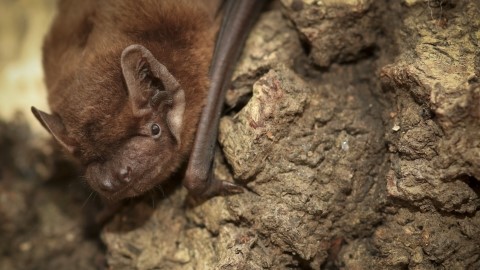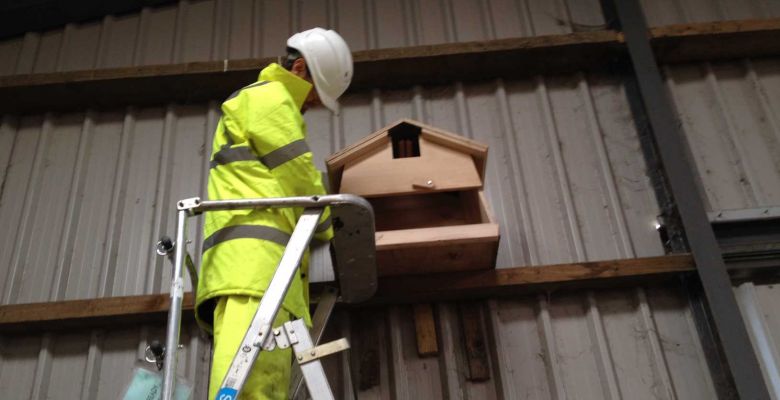What You Need to Know For Your Development
As of April 2019, Natural England will be introducing charges for protected species license applications. Developers will have to navigate through these changes, and EcoNorth are here to help.
When will charging be implemented?
Natural England have taken a phased approach to introducing charges:
- 1st April -Dormouse mitigation license (A35)
- 22nd April – Bat licenses (A13, A34 and CL21 site registration)
- Implementation of charges for badger licenses (A29 and CL35 site registration) has been given a preliminary date of May 2019
- Great crested newts and other species are to follow later in the year

How will I be affected?
Projects will be exempt from licensing charges in some circumstances, which includes but is not limited to the following:
- Householder home improvement projects not requiring planning permission, such as loft conversions, extensions, garages and conservatories
- Conserving a bat roost(s) in situ
- Preservation of public health and safety / the prevention of serious damage to property
If your project or development does not come under these categories, then you are likely to be subject to increased license application charges going forward. Due to current economic uncertainty, this is something that may impact small, private developments in particular.
For more information, visit the following links:
Phased implementation of charges for certain wildlife licenses Wildlife licenses: when you need to apply Wildlife Licence Charges Consultation (DEFRA, 2018)
EcoNorth are here to help clients on the best course of action so get in touch with your queries.

